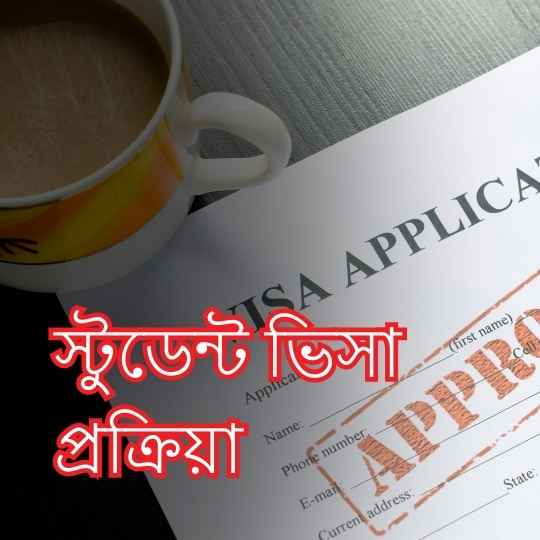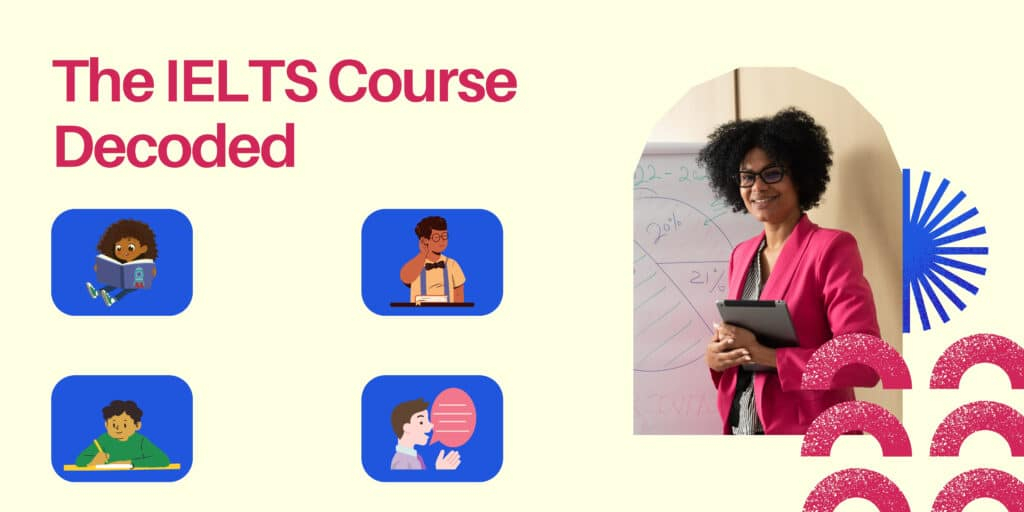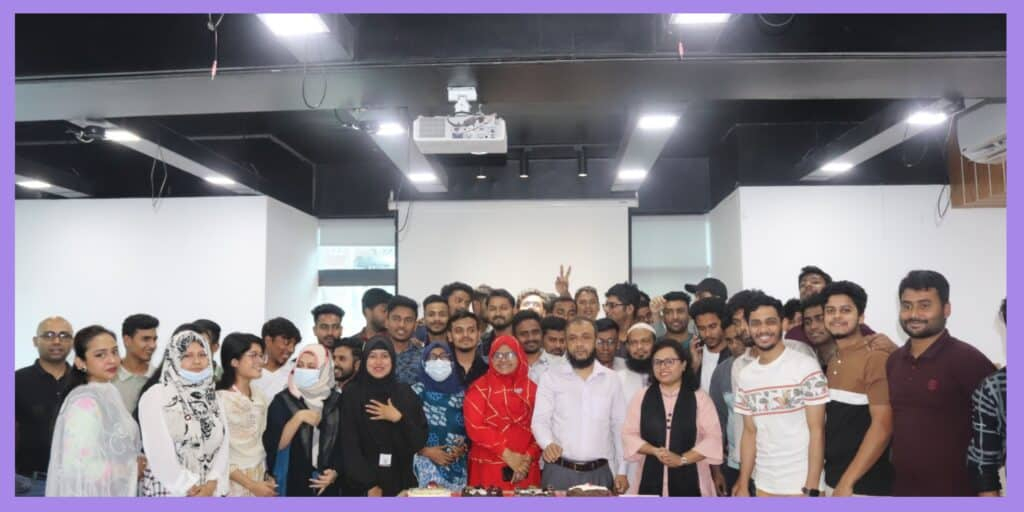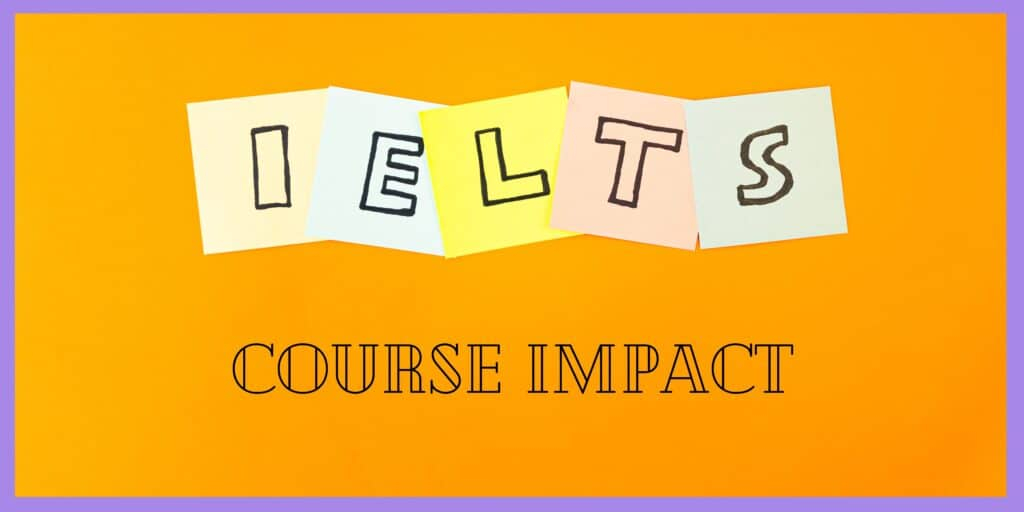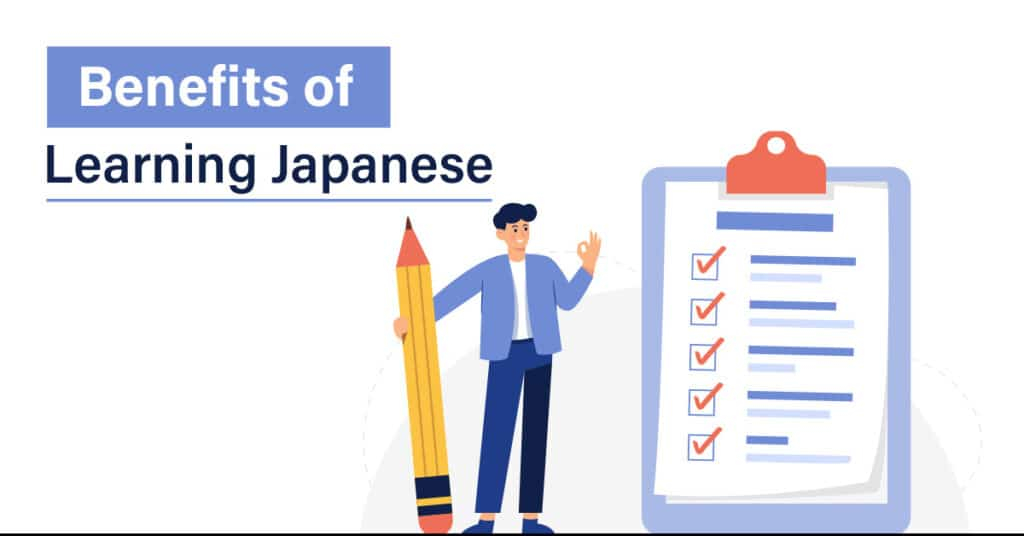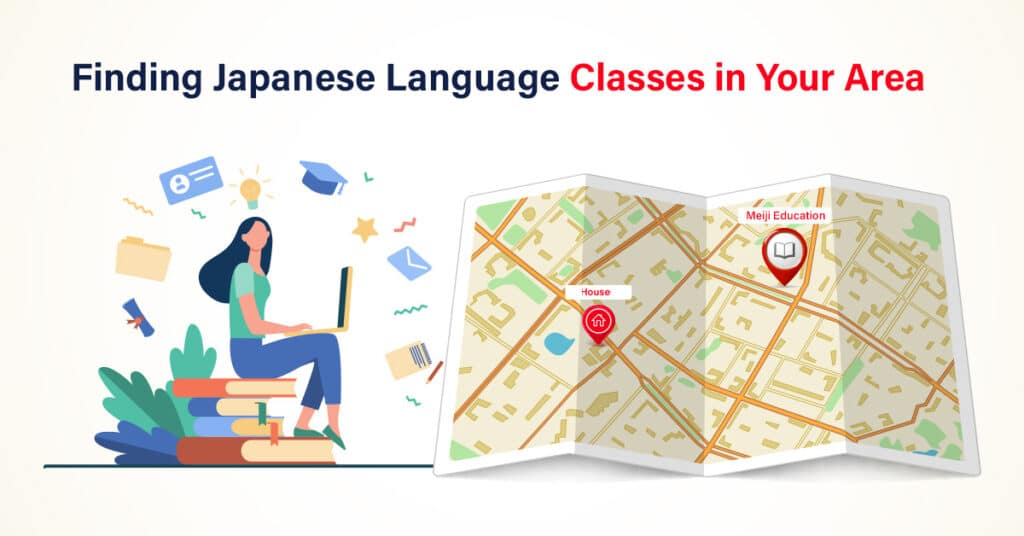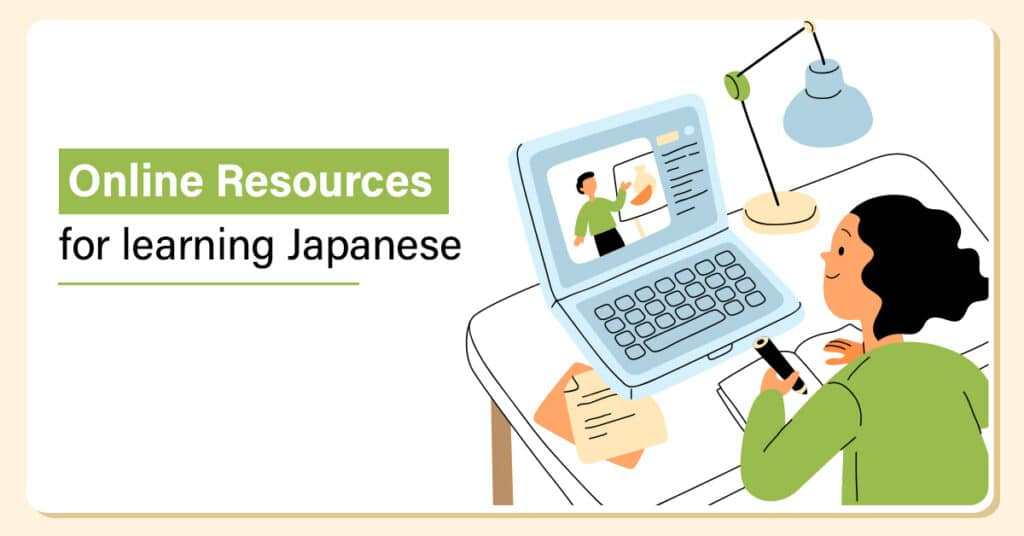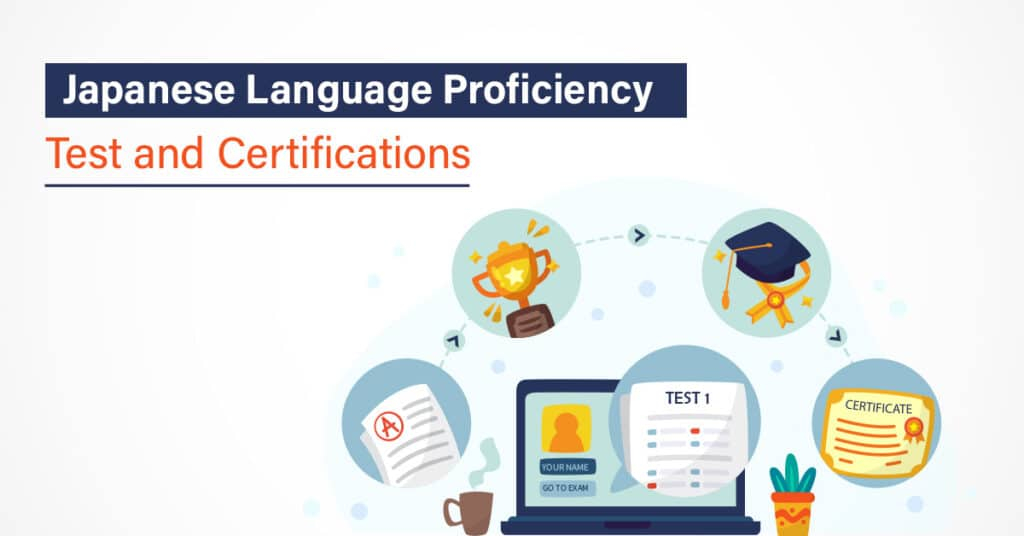Japan's Citizenship Conundrum: Weighing the Pros and Cons of Dual Citizenship
In today’s globalized world, more and more individuals are finding themselves connected to multiple cultures and countries. This has led to a growing number of people who possess dual citizenship, holding passports from two different nations. For many, this status offers a range of benefits, such as greater travel flexibility, increased access to job opportunities, and the ability to vote in multiple countries.
However, not all countries allow their citizens to hold dual nationality, and Japan is one of them. Japanese law requires individuals to renounce their foreign citizenship if they wish to become Japanese citizens. This policy has sparked a heated debate among experts and citizens alike, with opinions divided on the pros and cons of maintaining the existing regulations.
This article examines the complex issue of Japan’s citizenship conundrum, weighing the advantages and disadvantages of its current stance on dual citizenship. Through probing discussions and expert insights, we will explore the reasons behind Japan’s policy, its potential impact on individuals and society, and the arguments for and against reform. Join us as we delve into this hotly debated topic and shed light on Japan’s unique citizenship landscape.
What is dual citizenship?
Dual citizenship, also known as dual nationality, is the legal status of an individual who is a citizen of two countries. This status allows individuals to enjoy the rights and privileges of both nations, including the ability to travel, work, and reside in either country. Dual citizenship can be acquired through various means, such as birth, marriage, or naturalization. It is important to note that not all countries recognize or allow dual citizenship, and each nation has its own laws and regulations regarding this status.
In the case of Japan, dual citizenship is not recognized or permitted. This means that individuals who hold Japanese citizenship are required to renounce their foreign citizenship if they wish to become Japanese citizens. Japan’s policy on dual citizenship has been a topic of much discussion and debate, with proponents arguing for greater flexibility and opponents highlighting the potential risks and challenges associated with dual nationality.
Pros of dual citizenship in Japan
While Japan’s policy on dual citizenship restricts individuals from holding multiple nationalities, there are several advantages that come with possessing dual citizenship in Japan. One of the key benefits is increased travel flexibility. Dual citizens have the freedom to travel between both countries without the need for visas or entry permits. This can be particularly advantageous for individuals who have family or business ties in both nations, as it allows for seamless movement and integration.
Another advantage of dual citizenship in Japan is the expanded access to job opportunities. Dual citizens are not limited by work restrictions imposed on foreign nationals, giving them the ability to pursue a wider range of careers and professional opportunities. This can be especially valuable for individuals in sectors where international experience and connections are highly valued, such as diplomacy, finance, and academia.
Additionally, dual citizenship enables individuals to fully participate in the political processes of both countries. Dual citizens have the right to vote and run for office in both nations, allowing them to have a say in the governance and decision-making of both their home country and the country of their second citizenship. This can contribute to a greater sense of civic engagement and representation for individuals with a diverse cultural background.
Cons of dual citizenship in Japan
While dual citizenship offers a range of benefits, there are also valid concerns and drawbacks associated with this status in the context of Japan. One of the main concerns is the potential for divided loyalties. Critics argue that allowing individuals to hold dual citizenship may dilute their allegiance to Japan, potentially undermining national unity and cohesion. This argument is particularly relevant in the case of individuals who have never lived or have limited ties to Japan, as their loyalty and commitment to the country may be called into question.
Another issue raised is the potential for conflicts and complexities in legal matters. Dual citizenship can complicate legal proceedings, especially when it comes to issues such as inheritance, taxation, and military service. Different countries have different laws and regulations, and navigating these complexities can be challenging for individuals with dual nationality. This can lead to legal uncertainties and potent
History and current status of dual citizenship in Japan
While dual citizenship offers numerous advantages in many countries, Japan’s strict policy raises concerns and poses certain drawbacks for individuals. One of the main cons is the requirement to renounce foreign citizenship. This can be a difficult decision for many individuals who have strong emotional ties and connections to their home country. Renouncing foreign citizenship can result in losing certain rights and privileges, such as access to healthcare, social benefits, and the ability to own property in the home country.
In addition, individuals with dual citizenship may face legal and bureaucratic challenges. They may be subject to different tax regulations and have to navigate through complex legal processes when it comes to inheritance, property ownership, and family matters. Furthermore, dual citizens may also encounter difficulties in obtaining security clearances or working in certain sensitive sectors due to concerns over divided loyalties.
Another significant drawback of dual citizenship in Japan is the potential impact on maintaining cultural identity and sense of belonging. Renouncing one’s foreign citizenship can lead to a loss of connection to family, cultural heritage, and language. This can be particularly challenging for individuals who were born and raised in a different country but have strong ties to Japan, as they may struggle to fully integrate into Japanese society without their foreign citizenship.
Legal requirements and restrictions for dual citizenship in Japan
To understand Japan’s stance on dual citizenship, it is important to delve into the historical and legal context. Japan has traditionally followed a strict policy regarding nationality, with a focus on maintaining a homogenous society. The current regulations on dual citizenship were established in the Nationality Law of 1950, which requires individuals to choose between Japanese citizenship and any other foreign citizenship they hold.
The strict approach to dual citizenship can be traced back to Japan’s history as an island nation with a unique cultural identity. The emphasis on a unified national identity has been seen as crucial for social cohesion and the preservation of traditional values. However, as Japan becomes more interconnected with the global community, the debate surrounding dual citizenship has gained momentum.
Case studies of individuals with dual citizenship in Japan
Japan’s Nationality Law outlines the legal requirements and restrictions for dual citizenship. Under the law, individuals who possess dual citizenship at birth must choose one nationality before turning 22 years old. Failure to make a decision within the stipulated timeframe may result in the loss of Japanese citizenship. Those who acquire Japanese citizenship through naturalization or other means are also required to renounce their foreign citizenship.
The renunciation process involves submitting an application to the Japanese Ministry of Justice, which includes providing proof of renunciation or loss of foreign nationality. The individual must also swear an oath of allegiance to Japan. Once the application is approved, the individual will receive a Certificate of Loss of Nationality, which signifies the renunciation of foreign citizenship and the acquisition of Japanese citizenship.
How dual citizenship affects education and employment in Japan
To gain a deeper understanding of the impact of Japan’s dual citizenship policy, it is helpful to examine real-life case studies. One such example is the case of individuals who were born in Japan to mixed-nationality parents. These individuals may possess dual citizenship by birth, but they face the dilemma of choosing between their Japanese identity and their connection to their foreign heritage.
Another case study involves individuals who have acquired Japanese citizenship through naturalization while maintaining their original nationality. These individuals may face challenges in navigating legal and bureaucratic processes, as well as potential conflicts of interest or loyalty. The decision to renounce foreign citizenship can be a difficult one, as it may involve severing ties with family and cultural roots.
Dual citizenship and national identity in Japan
Dual citizenship can have significant implications for education and employment in Japan. In the realm of education, individuals with dual citizenship may face difficulties in accessing certain scholarships, grants, or educational opportunities reserved for Japanese citizens. They may also encounter challenges in enrolling in public schools, as some municipalities require proof of Japanese citizenship.
When it comes to employment, dual citizens may face restrictions or limitations in certain sectors that require security clearances or involve sensitive information. Employers may be hesitant to hire individuals with divided loyalties or potential conflicts of interest. This can limit job prospects and career advancement opportunities for dual citizens in Japan.
Steps to renounce or acquire dual citizenship in Japan
One of the key arguments against dual citizenship in Japan is the potential dilution of national identity. Advocates for the existing policy argue that maintaining a unified sense of national identity is crucial for social cohesion and the preservation of traditional values. They believe that allowing dual citizenship would weaken the connection between individuals and their country of residence, potentially leading to a loss of cultural heritage and shared values.
On the other hand, proponents of dual citizenship argue that it is possible to maintain a strong national identity while embracing multiple cultures and nationalities. They believe that Japan’s strict policy may discourage talented individuals from contributing to the country’s development and hinder the growth of a diverse and inclusive society. They argue that a more flexible approach to dual citizenship could bring new perspectives, skills, and experiences to Japan.
Conclusion: Making an informed decision about dual citizenship in Japan
For individuals who wish to renounce or acquire dual citizenship in Japan, there are specific steps that must be followed. To renounce foreign citizenship, one must submit an application to the Japanese Ministry of Justice, providing the necessary documentation and proof of renunciation or loss of foreign nationality. The process can vary depending on the individual’s circumstances, and it is advisable to seek legal advice to ensure compliance with the requirements.
Acquiring dual citizenship in Japan is a more complex process. It generally involves obtaining a Certificate of Eligibility, which serves as a precursor to the application for permanent residency. Once permanent residency is granted, individuals can apply for naturalization, which requires meeting specific criteria, such as residing in Japan for a designated period, demonstrating proficiency in the Japanese language, and having a clean criminal record.








